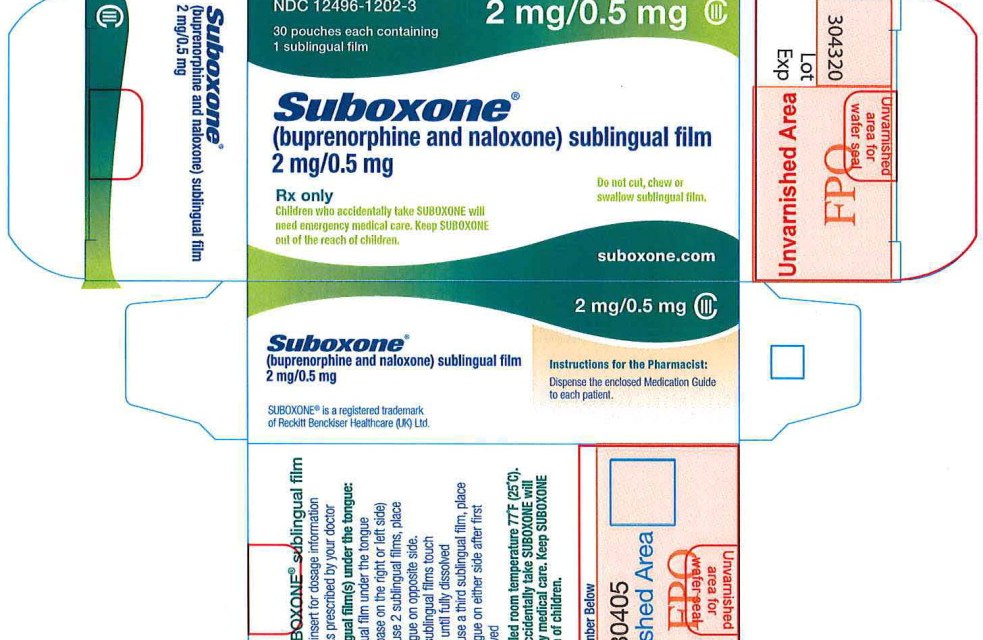I visited a treatment program recently and had a chance to talk to a current client, a 22 year old with a severe opioid addiction. “I’m getting on Suboxone now,” he explained. “The plan is to stay in therapy and finish college in a couple years and then taper off the Suboxone, with a goal of being drug free. What do you think?”
Stopped me for a minute. Suboxone’s fine for harm reduction, but as far as I can determine, going on maintenance isn’t usually a path to becoming drug-free. Far from it. There’s not as much data available on long term buprenorphine use as there is on methadone, but what there is seems to suggest relapse rates in the 80-90% range for those who leave the program– even with an extended taper, and even among the highly motivated.
Like I said, more data would help, but the client’s asking the question now.
A couple colleagues weighed in with opinions. “Tell him the truth,” one said, with a shrug. “There’s a good chance he’ll be on it permanently.”
“I wouldn’t,” argued another counselor. “Suboxone’s a lot less dangerous than going back out on the street. Even if he relapsed to other drugs, maybe he’d use less because of the bupe. You don’t want to say anything that would discourage him from taking advantage of it.”
“How’s he going to make an informed decision with only half of the information?” argued a third. “I’d talk to him honestly and let him know we’ll support him regardless of his choice.”
Reading up on the subject, I see that current best practice is to encourage the opioid addict to go on maintenance “indefinitely” but to also support a taper attempt if the patient so desired at some future point in recovery. Fair enough. Still, addicts tend to ask the awkward question, along the lines of “Yeah, sure, but– what are my chances? You seen people do it?” Right now I’d have to admit: Only rarely.
The notion of prognosis, or likely outcome, is integrated into healthcare. Patients are often afraid to ask, but when they do, they seem to want the truth. And there’s the important clinical principle of ‘informed client choice’ to consider.
What’s the clinician’s responsibility? You tell me.














“.. they are encouraged to look with a clear eye toward the consequences of their decisions…”
Guys I see on suboxone never have clear eyes. They have stoned eyes.
The very few who do manage to kick it tell me, that’s because they were stoned.
True story.
A Clinicians responsibility is to educate themselves on Suboxone and Buprenorphine. Subutex is a mono formula (Buprenorphine) and is no longer made. Like Kleenex it’s name is still used a lot. It is easier to speak the name for sure.
Suboxone or Buprenorphine works as another support while recovery moves forward. Vivitrol (Naltrexone) is a transition that can be encouraged. Like the time between opioids and induction with Bupe, Vivitrol has to have at least 7 days as Bupe has a long half life. There is not “get out of jail free card” and feeling sick will happen and can be monitored by MD’s at a treatment center. The length of time a person is on Bupe the longer withdrawal systems last. Vivitrol may hinder chronic pain control (if an opioid is needed). Buprenorphine does help with mild pain control, although used off-label.
Alcoholic’s avoid that first drink at all costs to prevent relapse. When a patient has opioid use disorder how difficult it must be to treat chronic pain, even cancer pain, this may be a place Buprenorphine can aid in pain control. It’s is weighing the pro’s and con’s of choices.
I have been thinking about that exact situation. I understand helping during withdrawal period. I hear it all the time and said it myself. If a smoker quits smoking by using chewing tobacco, has he really quit his addiction.
Being “in recovery” is different from being “chemical free”. I would explore a recovery focus that included the preventative maintenance of the Suboxone. In early recovery it is important to go to any lengths to stay sober, and relapse prevention is a big part of that. As a person begins to follow a program of recovery, they are encouraged to look with a clear eye toward the consequences of their decisions – a protective factor. By the time “making the choice” comes up as a real question, hopefully the individual has gained some coping skills.One exception would be if the maintenance itself becomes a trigger to use.